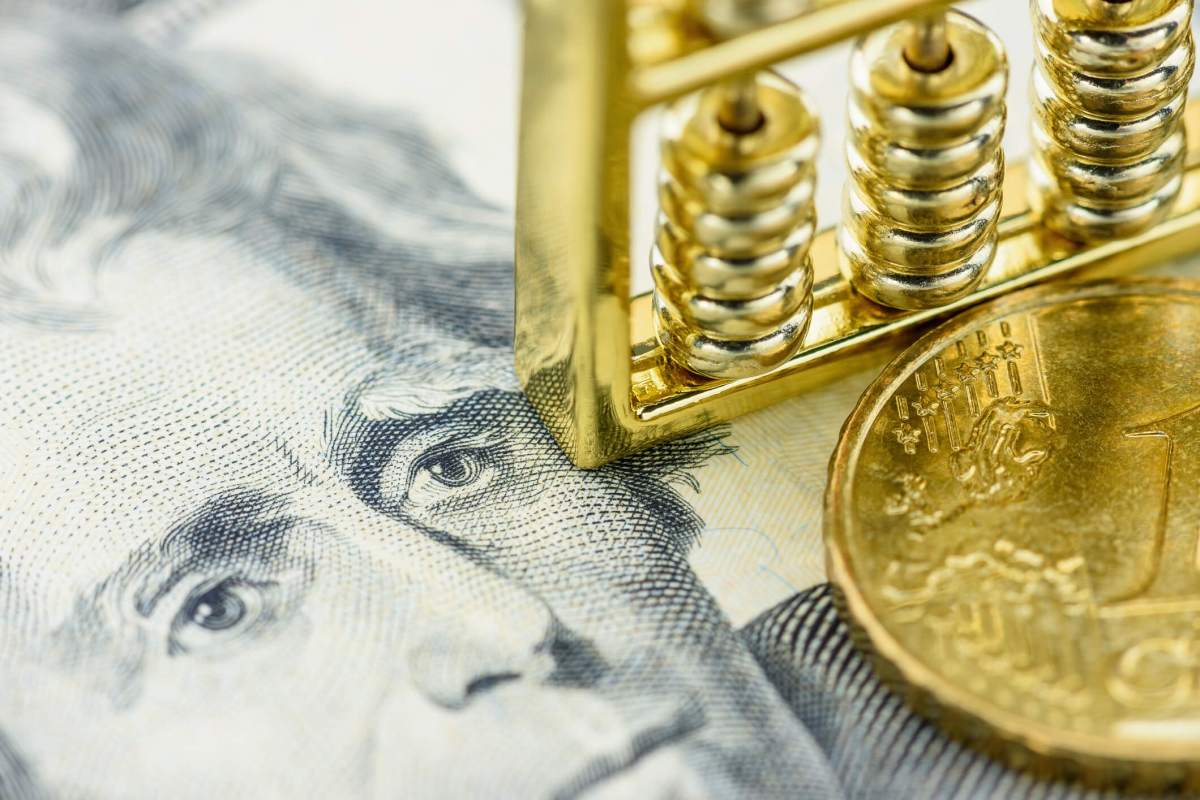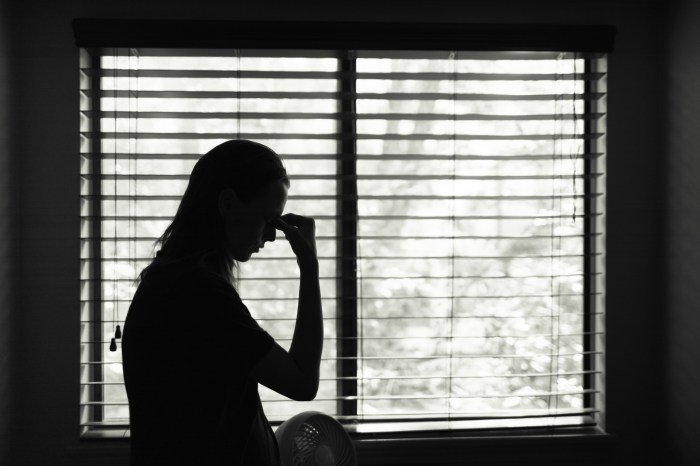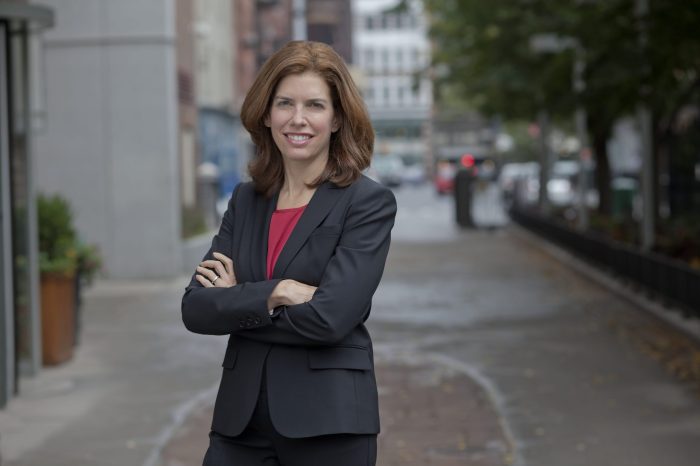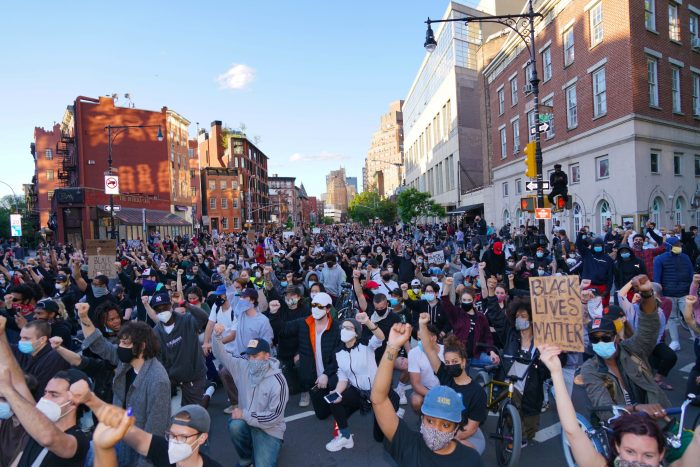By Public Advocate Jumaane Williams and State Senator Jessica Ramos
The great divide in New York isn’t partisan or ideological. And it’s not about where Upstate begins, or which side of that mythical border you fall on. It’s a divide by wealth – of who is struggling amid this pandemic, and who is profiting off of it. Who faces the catastrophic consequences of New York’s budget deficit, and who is insulated from both the stakes of the problem and the policies that could be the solution.
For the past seven months, only working people have felt the effects of this budget crisis — facing record unemployment, hunger, and disproportionate COVID-19 infections. Meanwhile, New York’s 118 billionaires are staked out in the Hamptons and parked on Park Avenue— and they’ve lined their pockets with $77 billion more dollars since the pandemic began. To plug the state’s budget deficit and end this tale of two states, it’s past time to implement a billionaire’s tax.
Governor Cuomo’s answer to New York’s $14.5 billion dollar deficit is to cut – but those cuts go deeper than a slide on a powerpoint and into the programs that working people depend on, to keep our public schools funded and our hospitals running, our garbage picked up and our firemen on the clock. And Cuomo has failed to take any action to help the 120,000 excluded workers left out of federal stimulus and unemployment benefits — many of whom were cheered as “essential workers” during the peak of the pandemic.
Instead, he’s enacting massive budget cuts: the $14.5 billion deficit is translating to a major fiscal crisis for essential services. In all corners of the state, school districts are slashing budgets to account for “withheld” payments — in the order of hundreds of millions of dollars. Municipal workers, from bus drivers to paraprofessionals, are getting laid off. Mental health providers and child care centers are shuttering their doors.
Governor Cuomo’s office insists that these are temporary “withholdings,” or funds that will be restored as soon as federal funds arrive. This is a dangerous rhetorical sleight of hand. As long as the White House and Congress are held hostage by the GOP, a federal bailout to New York is wishful thinking. And as long as Governor Cuomo refuses to explore any other options, these cuts are just that — cuts, which will harm the same people already suffering under decades of austerity politics.
Black and brown workers across the state are concentrated in the very industries rocked by these six months of crisis, from the gig economy to migrant workers to the public sector. These are the 58% of New Yorkers who have lost income since the beginning of the pandemic. They are the Black and Latinx folks who have contracted and died from COVID-19 at twice the rate of their White counterparts. They are the residents of neighborhoods already plagued by chronic underinvestment in affordable housing, overcrowded public schools, food deserts, and crumbling hospitals. Imagine, amidst all this suffering, insisting that the only way forward is to cut the very services that keep these communities afloat.
Meanwhile, the 118 billionaire New Yorkers may as well be experiencing 2020 on a different planet. Together, New York’s billionaires have reached a total networth of nearly $600 billion since mid-March. That money is being spent on private pod learning for their children as the chaos of public school re-opening rages; on second and third homes in the Hamptons or Hudson Valley; on private planes to circumvent the dangers of pandemic travelling. In this time of crisis, more is being asked of many of us – especially our essential workers. We can and should ask much more of the billionaires, who even Governor Cuomo has admitted are doing just fine. Each of us has a civic duty to meet in this moment, and the wealth of multi-millionaires and billionaires doesn’t diminish that duty, but increases it.
If this outsized accumulation wasn’t enough, New York’s billionaires are also paying less in taxes than ever before. Their total tax obligation is at a record low, 79% down from 1980. And when accounting for total state taxes, they pay a smaller percentage of gains than their very poorest neighbors. In other words: the very people who are living life as usual are the same people who are doing the least to make sure our state weathers this crisis. The Governor needs to stop fearing for the fate of billionaires and instead think of the frontline essential workers whom we all rely on, in this time and before it.
A billionaire’s tax on unrealized capital gains (S8277B) is the obvious fix. In a state with 14% of all U.S. billionaires, we have the power to prevent widespread hunger, eviction, and public health risk by asking the richest among us to chip in a percentage of their earnings, if we have the political courage needed.
Raising revenue from billionaires isn’t just the right thing to do — it’s sound economic policy. When our state cuts spending from essential public services, those cuts ripple into deeper economic pain as the spending power of working consumers shrinks. According to Kitty Richards, a former economic advisor to the Obama administration, the Governor’s 20% cuts could cost the economy close to $35 billion this year alone. Conversely, a tax on the wealthy to enable increased public spending will actually generate at least $1.15 for every dollar raised.
Time for a lesson in leadership: Governor Cuomo must join the side of the people, support a billionaire’s tax, and start to build a New York that works for all of us. No matter what the Governor’s focused on now, he should know: the way to solve this budget crisis is through billionaires. Not book sales.


















